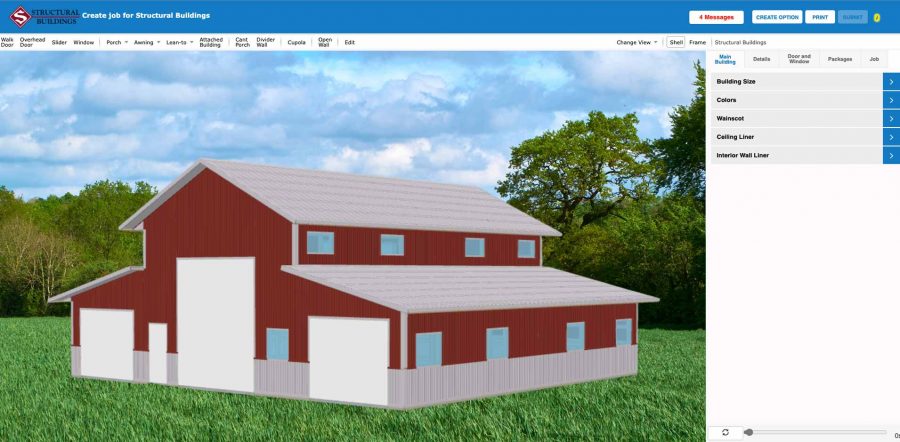In the landscape of real estate and investment opportunities, storage rental facilities have emerged as a lucrative and wise investment choice for several compelling reasons. Unlike more traditional real estate investments, such as residential or commercial properties, storage units offer unique advantages including stable demand, lower overhead costs, and resilience during economic fluctuations. This blog explores why entrepreneurs and investors are increasingly drawn to the storage rental business.
1. Recession-Resilient Demand
One of the most persuasive arguments for investing in storage rental facilities is their resilience to economic downturns. Unlike other real estate sectors that might suffer during tough economic times, the demand for storage units often remains stable or even increases. This is because life events that drive the need for storage, such as moving, downsizing, or decluttering, continue regardless of economic conditions. Furthermore, businesses often require storage solutions during downsizing phases or for inventory management, adding to the steady demand.
2. Low Operating Costs
Compared to other types of real estate investments, storage facilities generally have lower operating and maintenance costs. Once constructed, the ongoing expenses related to utilities, maintenance, and staffing are minimal, especially if the facility incorporates automated systems for bookings and payments. This leads to higher net operating income margins, making it an attractive investment.
3. High Profit Potential
Storage rental facilities can offer significant profit margins. They typically enjoy high occupancy rates due to the continuous demand driven by both residential and commercial customers. Additionally, the ability to adjust rental rates based on market demand and inflation can lead to increased revenue without a corresponding rise in operational costs.
4. Diversification
For investors looking to diversify their portfolio, storage facilities offer a compelling option. The self-storage sector often behaves differently from other real estate markets, providing a hedge against market volatility. This diversification can reduce risk in an investment portfolio, offering a stable income stream even when other investments might be underperforming.
5. Scalability
The storage rental business is relatively scalable. Investors can start with a single facility and expand to multiple locations as they become more comfortable with the business model and as demand in different areas is identified. The modular nature of storage units also allows for phased development, scaling the business in response to market demand.
6. Technological Advancements
The integration of technology into the operation of storage facilities has streamlined management processes, improved customer experience, and reduced the need for on-site staff. Online booking systems, digital payment platforms, and remote security monitoring are just a few examples of how technology can enhance profitability and efficiency.
7. Variety of Customer Base
Storage facilities serve a broad customer base, including individuals, families, businesses, and students. This diversity ensures a steady stream of tenants from different segments, reducing the risk of significant income loss from any single demographic.
8. Real Estate Value Appreciation
Like other real estate investments, storage facilities often appreciate in value over time. This appreciation, combined with the income generated through rental operations, can result in a significant return on investment when the property is sold.
Investing in and operating a storage rental facility presents a unique blend of advantages, including stable demand, low overhead costs, and the potential for high returns. These factors, coupled with the sector’s resilience during economic downturns and the potential for real estate appreciation, make it a smart investment choice. Whether you’re an experienced real estate investor or looking to diversify your investment portfolio, the storage rental business offers a compelling opportunity with a favorable risk-reward profile.


